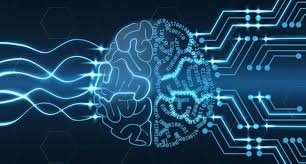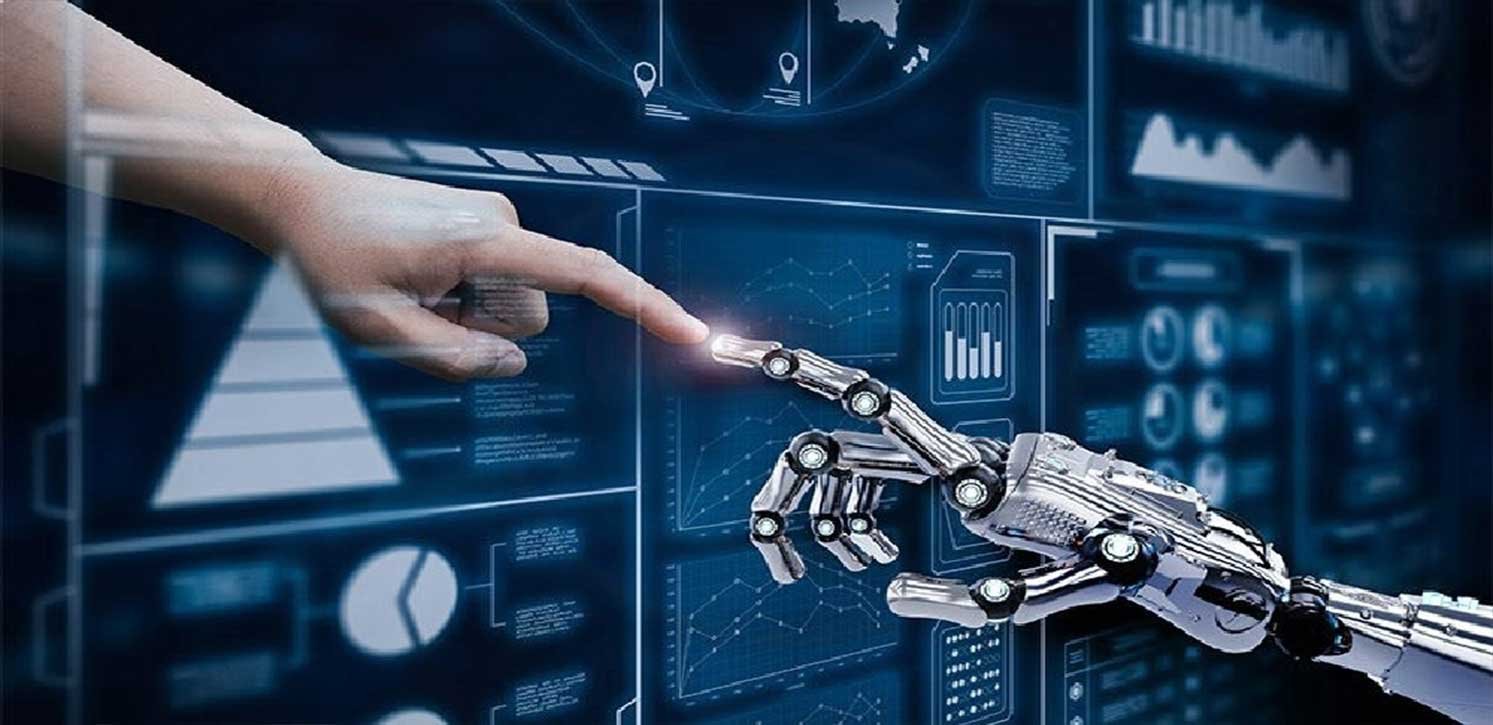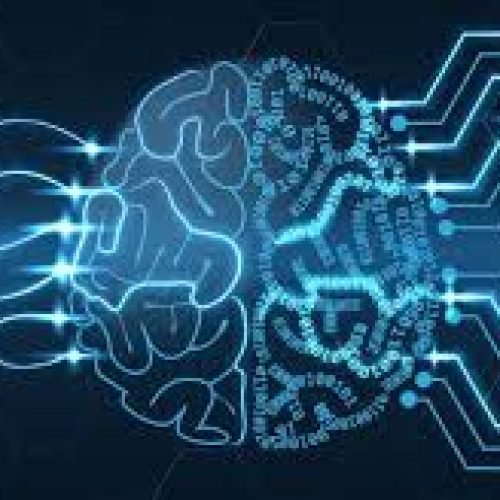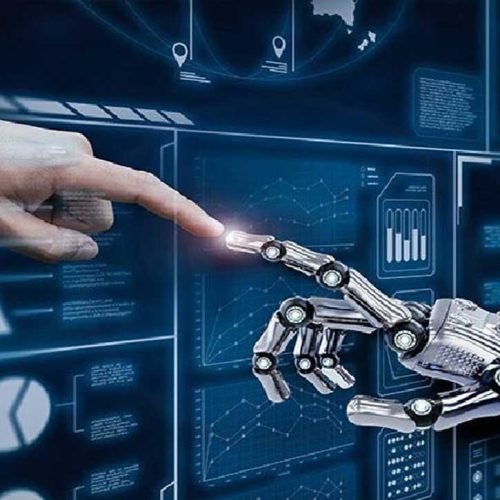Introduction
In today’s rapidly evolving technological landscape, artificial intelligence vs computer science stands out as two of the most prominent domains. From powering virtual assistants to driving autonomous vehicles, AI and CS play pivotal roles in shaping the future of innovation. However, while these fields often intersect, they also possess distinct characteristics and career trajectories. In this article, we delve into the nuances of AI engineering and computer science, exploring their differences, educational pathways, real-world applications, and collaborative opportunities.
Understanding Artificial Intelligence Engineering
Artificial Intelligence Engineering focuses on the development of intelligent systems that can perceive, learn, and act autonomously. AI engineers leverage machine learning, natural language processing, and other cutting-edge technologies to create solutions that simulate human intelligence. From recommendation algorithms to facial recognition software, AI engineering permeates various industries, revolutionizing how businesses operate and consumers interact with technology.
Exploring Computer Science
Computer Science encompasses a broad range of disciplines, including software engineering, data science, and cyber security. At its core, CS deals with the theory, design, and application of computational systems. Computer scientists develop algorithms, design programming languages, and analyze complex systems to solve practical problems. From designing efficient algorithms to securing networks against cyber threats, computer science underpins virtually every aspect of modern technology.
Core Differences Between AI Engineering and Computer Science
When comparing AI engineering and computer science, several key distinctions emerge
1.Focus Areas and Objectives:
- AI engineering primarily focuses on developing intelligent systems capable of learning from data and making decisions.
- Computer science encompasses a broader spectrum of topics, including software development, algorithms, and theoretical computer science.
Skillset Requirements:
- AI engineers require expertise in machine learning, deep learning, and data analysis.
- Computer scientists need proficiency in programming languages, algorithm design, and problem-solving skills.
Career Prospects:
- AI engineering offers opportunities in fields such as robotics, natural language processing, and computer vision.
- Computer science opens doors to careers in software development, cyber security, and data science.
Educational Pathways
Both AI engineering and computer science offer various educational pathways, including undergraduate and graduate programs. Universities worldwide offer specialized degrees in AI engineering, computer science, and related fields. While AI engineering programs often focus on machine learning and AI algorithms, computer science programs cover a broader range of topics, including software engineering, databases, and networking.
Real-World Applications
In the real world, AI engineering and computer science find applications across diverse industries:
AI Engineering:
- Healthcare: AI-powered diagnostic tools aid in early disease detection.
- Finance: AI algorithms analyze market trends and optimize investment strategies.
- Automotive: Self-driving cars rely on AI technology for navigation and obstacle detection.
- Computer Science:
- E-commerce: Algorithms recommend products based on user preferences and browsing history.
- Social Media: Data mining techniques analyze user behavior to personalize content delivery.
- Cyber security: Computer scientists develop encryption algorithms to safeguard sensitive information.
Collaborative Opportunities
While AI engineering and computer science are distinct fields, they often intersect in research and development:
Synergies Between AI Engineers and Computer Scientists:
- AI engineers leverage computer science principles to design efficient algorithms and optimize system performance.
Computer scientists collaborate with AI engineers to integrate AI technologies into existing systems and applications.
Interdisciplinary Research and Innovation:
Collaborative research projects bridge the gap between AI engineering and computer science, leading to groundbreaking advancements in areas such as robotics, natural language processing, and autonomous systems.
Challenges and Opportunities
Despite their transformative potential, AI engineering and computer science face several challenges:
Ethical Considerations:
- AI raises ethical concerns regarding privacy, bias, and the potential impact on employment.
- Computer science confronts ethical dilemmas related to cybersecurity, data privacy, and algorithmic transparency.
Future Trends and Developments:
- Advancements in AI and computer science promise to revolutionize industries, create new job opportunities, and drive economic growth.
- However, ensuring responsible AI development and addressing societal concerns remain paramount in shaping the future of technology.
Case Studies
Numerous success stories highlight the impact of AI engineering and computer science:
AI Engineering Case Study:
Deep Mind’s AlphaGo AI defeated world champion Go players, showcasing the power of AI algorithms in strategic decision-making.
Computer Science Case Study:
The development of the TCP/IP protocol revolutionized computer networking, laying the foundation for the modern internet.
Career Paths and Growth Opportunities
Professionals in AI engineering and computer science enjoy diverse career paths and growth opportunities:
AI Engineering Career Trajectories:
- AI engineers can pursue roles in research, software development, and product management.
- Specializations in areas such as computer vision, natural language processing, and reinforcement learning offer unique career pathways.
Computer Science Career Paths:
- Computer scientists can work as software engineers, data scientists, or cybersecurity specialists.
- Emerging fields such as quantum computing and blockchain present exciting opportunities for career growth and innovation.
Industry Insights
Industry experts offer valuable perspectives on the future of AI engineering and computer science:
AI Engineering Perspective:
“AI has the potential to revolutionize industries, but we must ensure ethical and responsible development to mitigate risks.” – Dr. Jane Smith, AI Researcher.
Computer Science Outlook:
Computer science drives innovation across sectors, from healthcare to finance, shaping the way we live and work.” – Mark Johnson, Chief Technology Officer.
Overcoming Misconceptions
Addressing common misconception about AI engineering and computer science can help clarify their roles and potential impact:
Misconception 1: AI Will Replace Human Jobs:
Reality: While AI may automate certain tasks, it also creates new job opportunities in areas such as AI engineering, data science, and robotics. Human creativity, empathy, and critical thinking remain irreplaceable.
Misconception 2: Computer Science is Only About Coding:
Reality: While coding is an essential skill in computer science, the field encompasses much more, including algorithm design, software architecture, and theoretical research. Computer scientists tackle complex problems beyond mere coding.
Misconception 3: AI Engineering is Only for Tech Giants:
Reality: AI engineering is increasingly accessible to organizations of all sizes, thanks to open-source tools, cloud computing platforms, and online resources. Small startups and enterprises alike can leverage AI to innovate and compete in their respective industries.
Conclusion
In conclusion, artificial intelligence engineering and computer science are dynamic fields with vast potential for innovation and impact. While AI engineering focuses on developing intelligent systems, computer science encompasses a broader range of topics and applications. Both fields offer exciting career opportunities and collaborative possibilities, driving advancements in technology and shaping the future of society. By understanding their differences, embracing interdisciplinary collaboration, and addressing ethical considerations, we can harness the full potential of AI engineering and computer science to create a better, more sustainable future for all.







